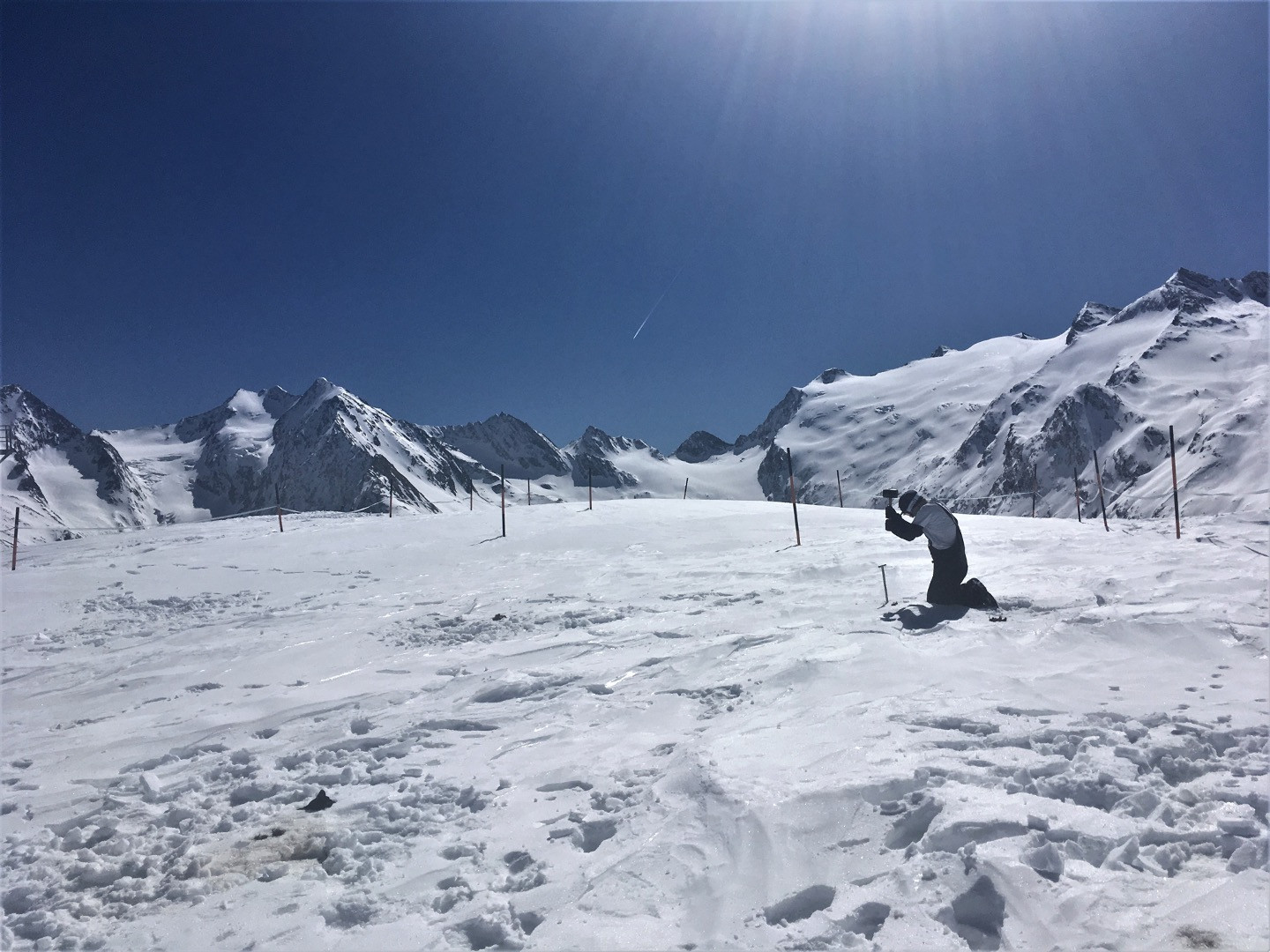Reduced snow cover and shifting vegetation patterns in the Alps, both driven by climate change, are having major combined impacts on biodiversity and functioning of ecosystems in the high mountains, according to new research published today.
Mountain ranges covering vast areas of the world are warming much faster than surrounding lowland areas, triggering huge reductions in snow cover and rapid upward movement of dwarf-shrubs, such as heather.
Scientists at The University of Manchester have found that these changes are disrupting the timing of crucial alpine ecosystem functions performed by plants and soil microorganisms.
The research, published today in the journal Global Change Biology and funded by the UK Natural Environment Research Council, shows that high mountain ecosystems may be less capable of retaining the important nutrients needed to sustain plant growth and maintain biodiversity in these harsh environments.
Every year, seasonal changes in mountain ecosystems prompt large transfers of nutrients between plants and microbial communities in alpine soils. Following snowmelt in spring, plants start to grow and compete with soil microbes for nutrients, thereby triggering a shift in the storage of nutrients from soil to plants. This transfer is reversed in autumn, as plants die back, and nutrients are returned to the soil within dead leaves and roots.
During alpine winters, snow acts like an insulating blanket that allows soil microbes to continue functioning and store nutrients in their biomass and enables plants to survive cold alpine winters. Climate change is predicted to cause an 80-90% loss of snow cover by the end of the century in parts of the European Alps and advance the timing of snowmelt by five to 10 weeks.
Prof Michael Bahn, a collaborator on the project from the University of Innsbruck, said: “Declining winter snow cover is one of the most obvious and pronounced impacts of climate change in the Alps. Its effects on the functioning and biodiversity of alpine ecosystems are a major concern for people living in Alpine regions and beyond.”
The scientists from The University of Manchester, in collaboration with the University of Innsbruck, Helmholtz Zentrum München, and the UK Centre for Ecology and Hydrology, carried out the work on a long-term field experiment in the European Alps. The findings highlight the detrimental effect of climate change on seasonal transfers and retention of nutrients between plants and soil microbes.
For scientists, understanding how ecosystems respond to multiple simultaneous climate change impacts remains a major challenge. Interactions between direct and indirect climate change factors, such as snow cover change or less obvious ones such as dwarf-shrub expansion, can lead to sudden and unexpected changes in ecosystem functioning. These effects are impossible to predict by studying climate change factors in isolation.
